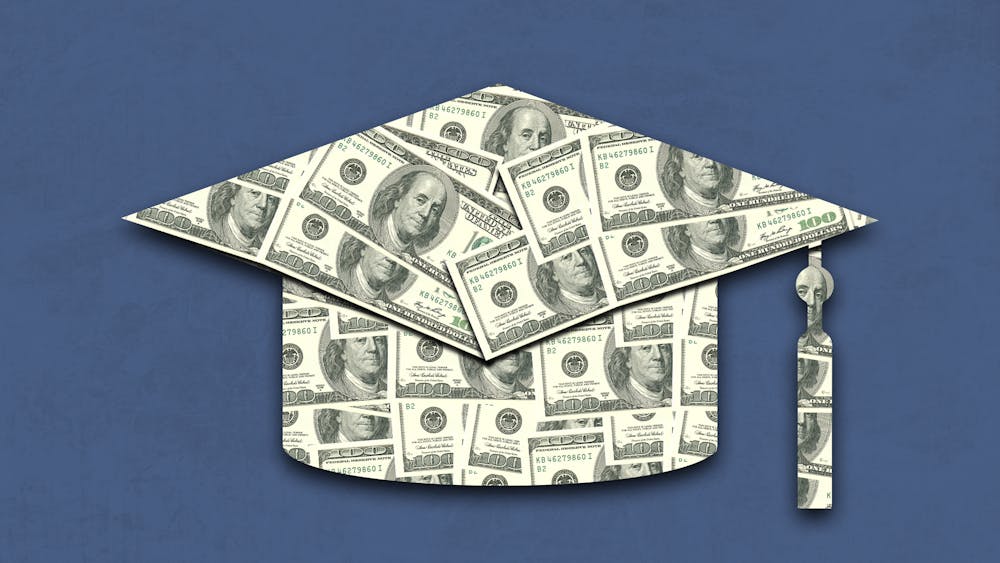The Supreme Court ruled against President Joe Biden’s student loan forgiveness plan, which proposed that the federal government cancel up to nearly $430 billion in student debt and loans for more than 40 million Americans nationwide.
The decision was announced just one day after they ruled to end affirmative action — no longer allowing colleges and universities to consider race in the college admissions process.
Biden’s plan, introduced in August 2022, would cancel up to $10,000 in federal student debt for individuals who make less than $125,000 each year. Students who received Pell Grants, which is a program that serves low-income students, may have been forgiven for up to $20,000.
According to the Biden administration, the increase in student debt has drastically outpaced inflation over the last few decades. While Pell Grants used to cover up to 80% of the cost of a four-year, public college, Biden’s administration reports they now only support roughly 33%.
Kenneth Brown Jr., Elon University’s assistant director of first-generation college student support services, said he thinks the court’s ruling will make students have to rethink if they can attend and afford going to college in the first place.
“High Education overall, it’s really at this inflection point. And this is just one in a series of inflection points in terms of, is college really worth it?” Brown said. “The costs have been rising on all sides — private schools and public schools — And so, personally, I think there needs to be more focus nationally in terms of how can we lower the cost of college, manage the cost of college and make it more affordable in a way that gives folks a high quality education.”
While Brown said the court’s ruling could have an impact on the Elon community, he believes it does not change the university’s goals of diversity, equity and inclusion.
“Elon is in a prime position to make sure that wherever you come from, students feel supported and students feel that they have a community of people that they can go to on campus,” Brown said. “One of the goals, I think, of a college education is to be around people who are different — to be around people who come from a variety of backgrounds, whether it's race, or gender, or sexual orientation, geographic location and even socio-economic status.”
The Court denied the student forgiveness plan in both Biden V. Nebraska and Department of Education V. Brown. The cases were brought forth by multiple Republican states, including Arkansas, Iowa, Kansas, Kentucky, Missouri and South Carolina. They argued — which the court agreed with — that the debt relief plan exceeded the Biden administration's authority.
The U.S. government paused repayment on most student loans during the COVID-19 pandemic. Yet, this pause is scheduled to end within 60 days after June 30. Though the exact date remains unclear, this means borrowers must resume their debt payments in September.
The Financial Health Network estimates that roughly 12.5 million Americans will have a very difficult time making their student loan payments after repayment is no longer paused, but reported that Biden’s student debt plan would have helped them.
Though the U.S. Department of Education stopped taking applications in November 2022, about 26 million people applied for debt forgiveness through Biden’s student loan plan — with nearly 16 million applicants having been approved.


